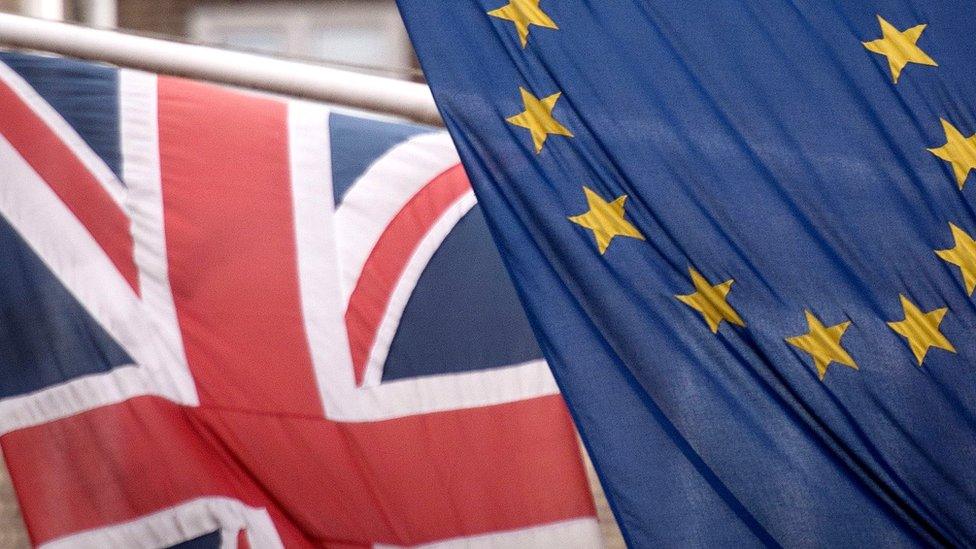Brexit: Bid to block EU's Northern Ireland 'backstop'
- Published
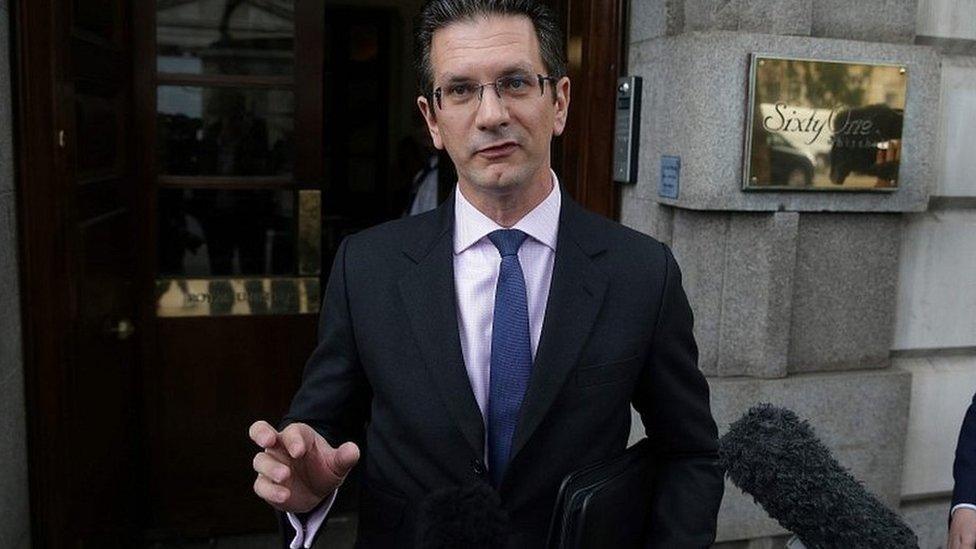
Steve Baker urged the prime minister to change her Brexit plan earlier this month
A Tory ex-minister is trying to put a block on the EU's controversial proposals for a "backstop" to guarantee no hard Irish border after Brexit.
Steve Baker has put down amendments to the Northern Ireland bill, which is to be discussed in Parliament next week.
He wants to make it a legal requirement to get the Stormont Assembly's approval for any plan to treat Northern Ireland differently from the rest of the UK.
But the devolved government has not sat since power-sharing collapsed in 2017.
The bill aims to give its civil servants greater flexibility in making decisions, in the absence of government.
However, it has drawn the attention of those arguing over plans for the UK's future trading relationship with the EU.
Both the EU and UK are signed up to the need for a "backstop" - effectively an insurance policy to avoid the introduction of checks on the border between Northern Ireland and the Irish Republic - which is an EU member - after Brexit.
During the "transition period" after the UK leaves the EU in March 2019 until 31 December 2020, the UK's relationship with the EU will stay largely the same - something designed to smooth the path to a future permanent relationship between them.
But if there is a gap between the transition period ending, and the "future relationship" coming into force, the backstop would ensure no hard border in the meantime.
The EU and UK are agreed there can be no return to a hard border - but disagree over how the backstop should operate.
Confused by Brexit jargon? Reality Check unpacks the basics.
The government has proposed a backstop which would effectively keep the whole of the UK in the EU customs union for a limited period, until a comprehensive agreement is reached.
Under the EU's idea of a contingency plan, Northern Ireland would remain in the EU's customs union, large parts of the single market and the EU VAT system - something the UK says is unacceptable as it would create a new border down the Irish Sea, between Northern Ireland and the rest of the UK.
Mr Baker, the Tory MP for Wycombe and deputy chairman of the Conservative pro-Brexit European Research Group of Tory MPs. said his amendments would ensure that "emergency powers" could not be used to implement measures in the absence of an assembly.
"Northern Ireland is an integral part of the UK."
"Creating barriers between Northern Ireland and Great Britain, creating a separate regulatory regime or imposing EU laws on Northern Ireland via emergency legislation does not respect Northern Ireland's status in the UK."
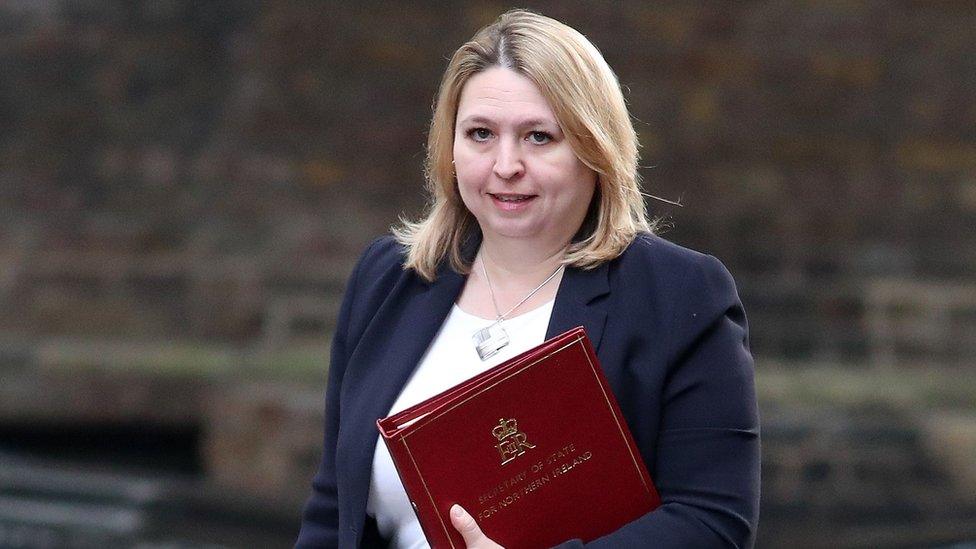
Karen Bradley will table the Northen Ireland bill and believes it will provide an opportunity to restart political talks
BBC political correspondent Jessica Parker said it was unclear what level of support there was for the amendments.
"But negotiators may not welcome any attempt to impose legal limits on the talks which are already at an impasse," she added.
A government statement said the Northern Ireland bill is intended to provide civil servants with the "certainty and clarity" they needed to deliver public services.
"It enables key appointments that cannot currently be made in the absence of Northern Ireland ministers to be made during the period before an executive is next formed," the statement added.
"The bill also creates the necessary time and space to restart political talks with the aim of restoring devolved government as soon as possible."
- Published17 October 2018
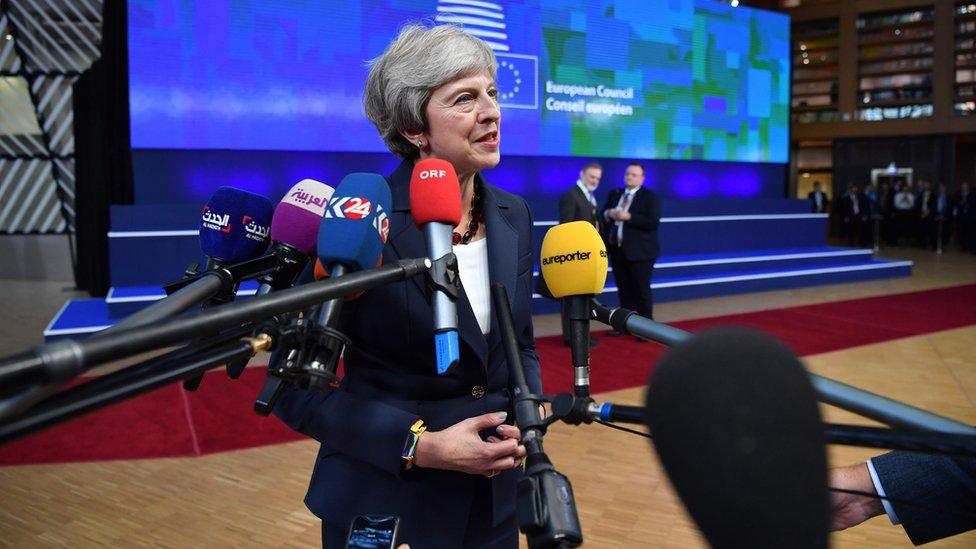
- Published15 October 2018
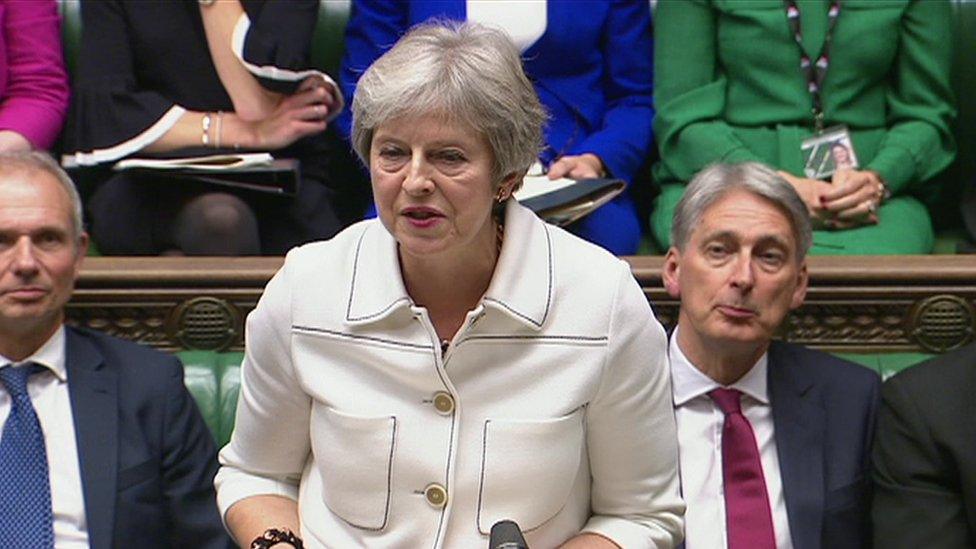
- Published17 October 2018
